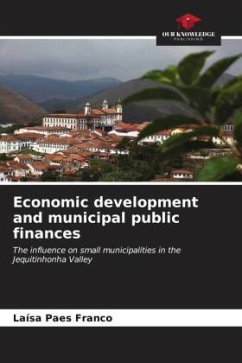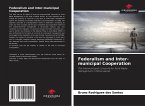Brazilian municipalities gained autonomy when they were recognised as federal entities in the 1988 Constitution, expanding their powers and obligations. However, local governments, especially small ones, have a low tax collection capacity and become financially and economically dependent on the federal government and the states as they need to provide more and more services to the population. The Jequitinhonha Valley region has a predominance of small municipalities in which these conditions prevail, permeating a situation of fragility and need. Only intense local economic development can influence the public finances of small municipalities, insofar as it leads to an increase in local government revenue and favours the dynamism of activities.








